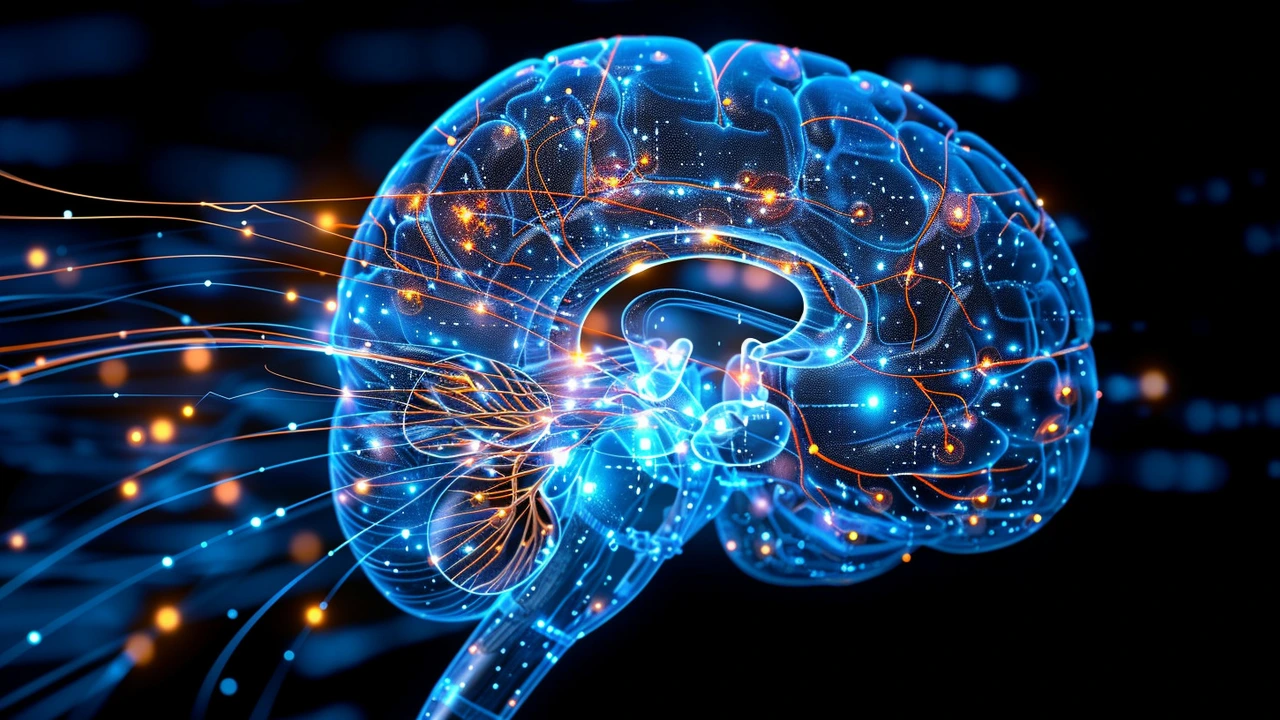What You Need to Know About Kidney Function
Kidneys play a huge role in keeping your body balanced by filtering waste, extra fluids, and toxins from your blood. When your kidneys work well, they help control blood pressure, keep your bones strong, and maintain proper levels of minerals and vitamins. But if kidney function gets impaired, it can lead to serious health problems. Knowing how your kidneys do their job and how to protect them can make a big difference.
When we talk about kidney function, the main thing doctors look at is how well your kidneys filter the blood. This is often measured by a test called glomerular filtration rate or GFR. A healthy GFR means your kidneys are doing a good job. Anything lower might mean they’re struggling to clear waste, which can cause buildup of toxins and fluid.
Common Causes of Reduced Kidney Function
High blood pressure and diabetes are the top two causes of kidney problems. Both conditions put extra strain on the kidneys, eventually wearing them down if not managed properly. Certain medications can also affect kidney function, so it’s smart to talk to your healthcare provider about any drugs you are taking, especially if you have pre-existing kidney concerns.
Another factor is dehydration. When your body doesn’t get enough water, the kidneys can’t filter blood efficiently. Regularly drinking enough fluids helps keep everything flowing and clears out toxins effectively.
Simple Ways to Protect Your Kidneys Every Day
Want to keep your kidneys working well for years? Here’s what you can do:
- Stay hydrated: Aim to drink enough water throughout the day, but don’t overdo it.
- Manage blood pressure and blood sugar: Regular checkups and following doctor advice are key.
- Watch your salt intake: Too much salt can increase blood pressure, which harms your kidneys.
- Get regular exercise: Physical activity helps control weight and blood pressure.
- Avoid smoking and limit alcohol: Both can damage your kidneys over time.
By keeping an eye on these factors, you give your kidneys the best chance to stay healthy and filter your blood properly. If you have any symptoms like persistent swelling, tiredness, or changes in urination, it’s a good idea to check with a doctor. Early detection of kidney issues often means easier to manage treatment.

